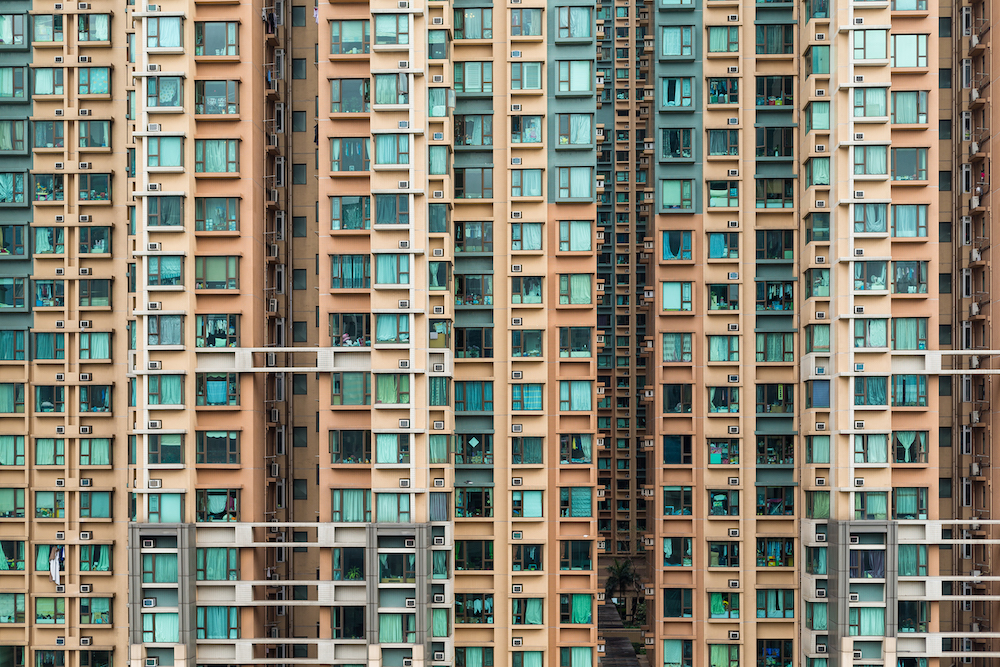
Are you renting your apartment and wondering about your rights as a tenant? Do you wonder if your rent is reasonable or too high? Or is your apartment in bad shape and you want to know if the landlord is responsible for refurbishing the apartment? As a tenant, you can expect that your landlord has some responsibility for the apartment you live in. And you have the right to demand that the apartment meet a certain standard.
The apartment must have a good standard
You have the right to demand that your apartment is of a good standard. This means that the most important functions should work without problems. This applies to white goods, pipes and plumbing as well as radiators. But it also means that you have the right to demand that the walls and ceiling be fresh and repainted at regular intervals. The same applies, for example, to kitchen cabinet doors and other interior items that belong to the apartment but don’t directly affect the apartments functionality. However, your landlord does not need to renovate the apartment to achieve a standard that is considered luxurious.
You can do minor renovations
If you want to repaint your apartment yourself, you have the right to do so. Even wallpapering and other small improvements can mostly be done as well. However, it may be good to consult with the landlord and get their approval first. This applies especially if you intend to paint or wallpaper in colors and motifs that aren’t neutral. As a landlord, you may want the improvements that are made in the apartment to be neutral in order to please other, future tenants as well.
Right to reduced rent
If your apartment has faults that affect the apartment’s functionality, you have the right to have the rent reduced. That is, as long as you aren’t the one that has caused the error. This doesn’t apply to cosmetic defects such as scratches in the parquet or minor damages to door frames. This applies if, for example, the white goods doesn’t work for a shorter period of time or if the toilet is broken and you can’t use it. It’s important to remember that you’re obliged to notify your landlord as soon as the damage occurs, regardless of whether you’ve caused it or not. In the event that you have caused the damage, you yourself have to compensate your landlord for the damages.
You decide when the landlord can enter the apartment
Even if the landlord owns the apartment, you have the right to deny them access. This applies if the landlord hasn’t notified you in advance that they intend to stop by to have a look. In the vast majority of cases however, landlords don’t usually stop by unless it is to check the condition of the apartment. For example, in the event that they have received a complaint from you that they need to look into. And if so, the landlord have to notify you when they intend to visit the apartment.
This is when you have the right to terminate your contract
Should your apartment have very large defects or if the apartment can be considered a health hazard, for example if there’s mold, you have the right to terminate your contract. This applies if your landlord doesn’t address the problem and do something to fix the damage. One of the most important rights you have as a tenant is that you should be able to feel safe and secure in the apartment you rent.
